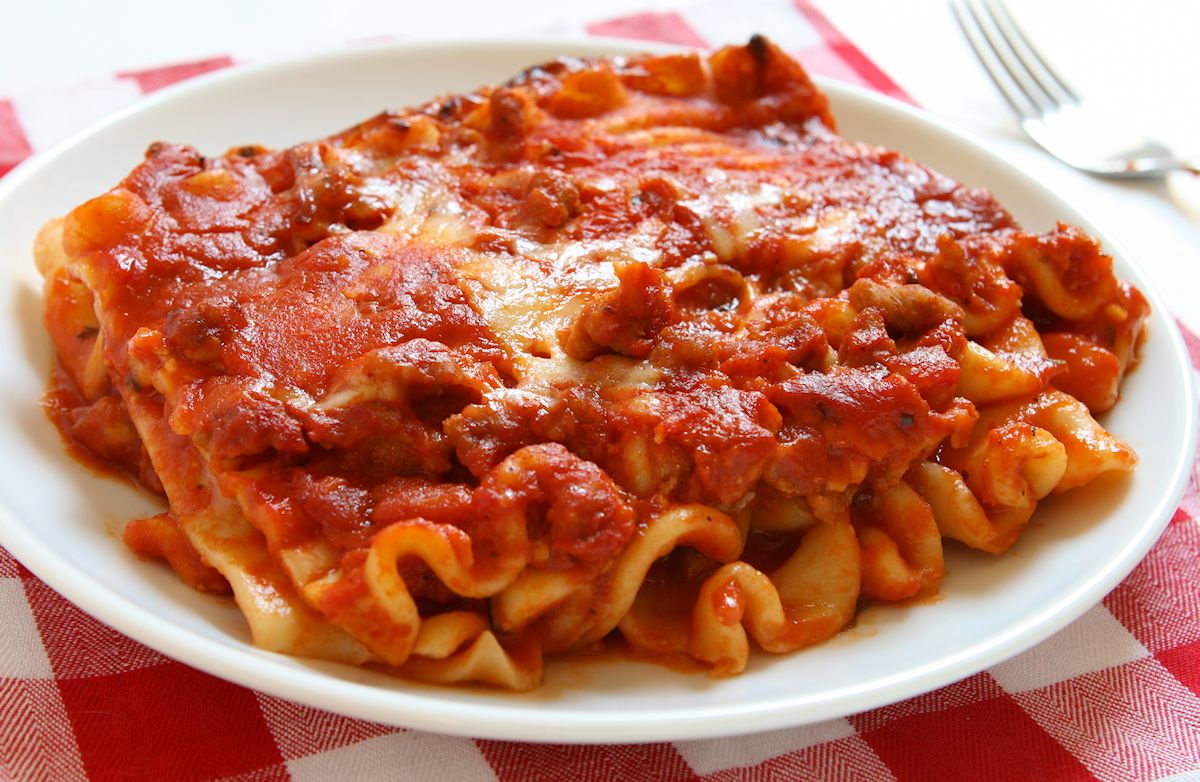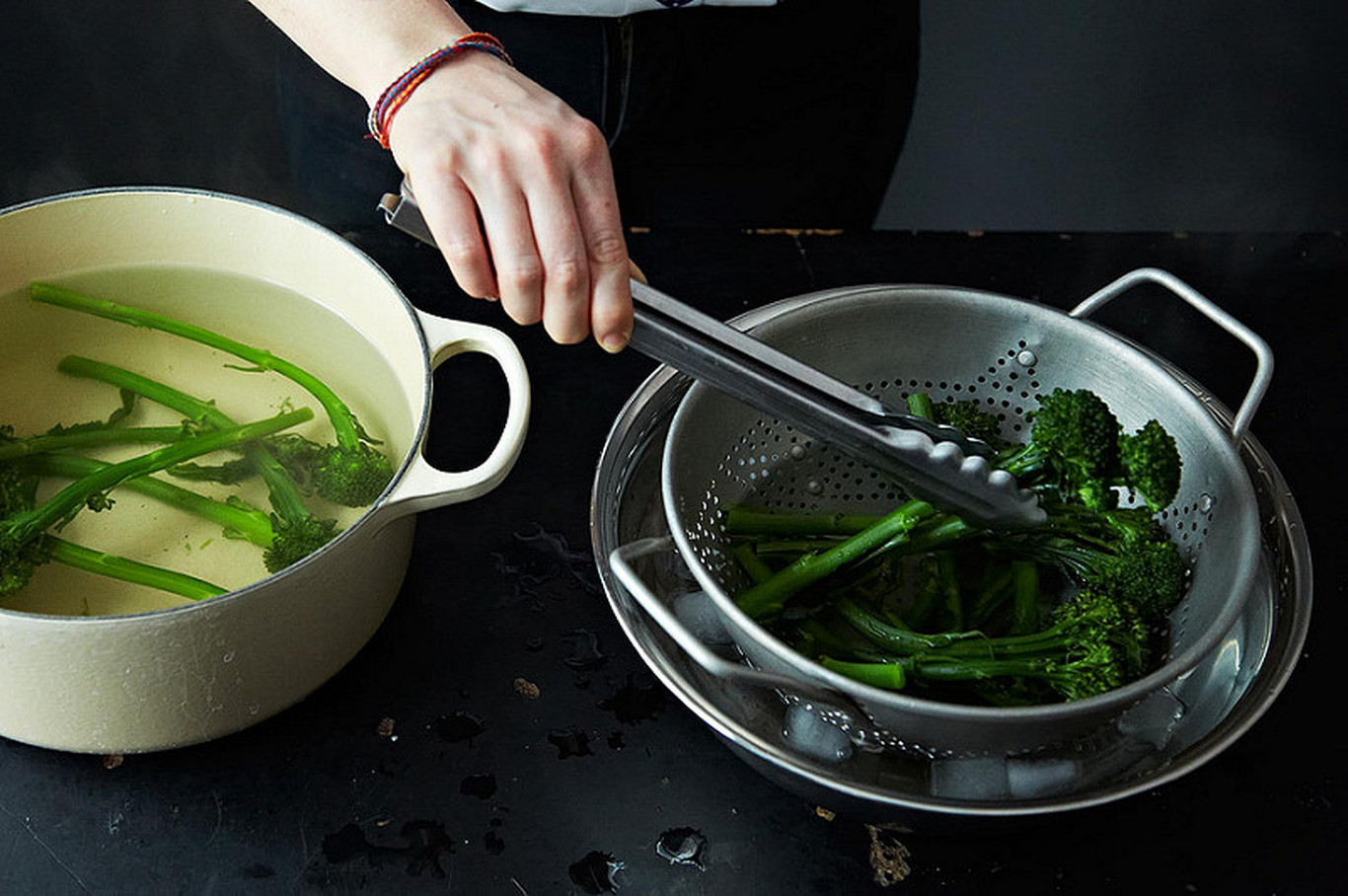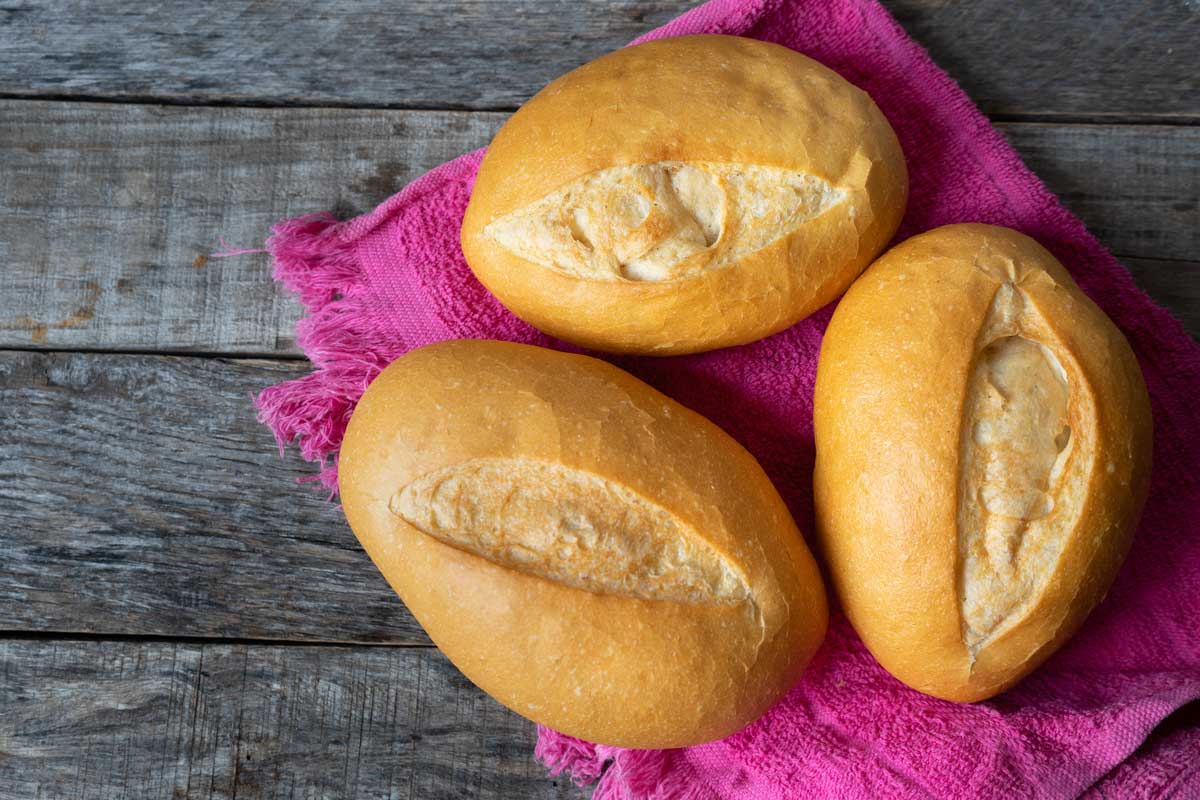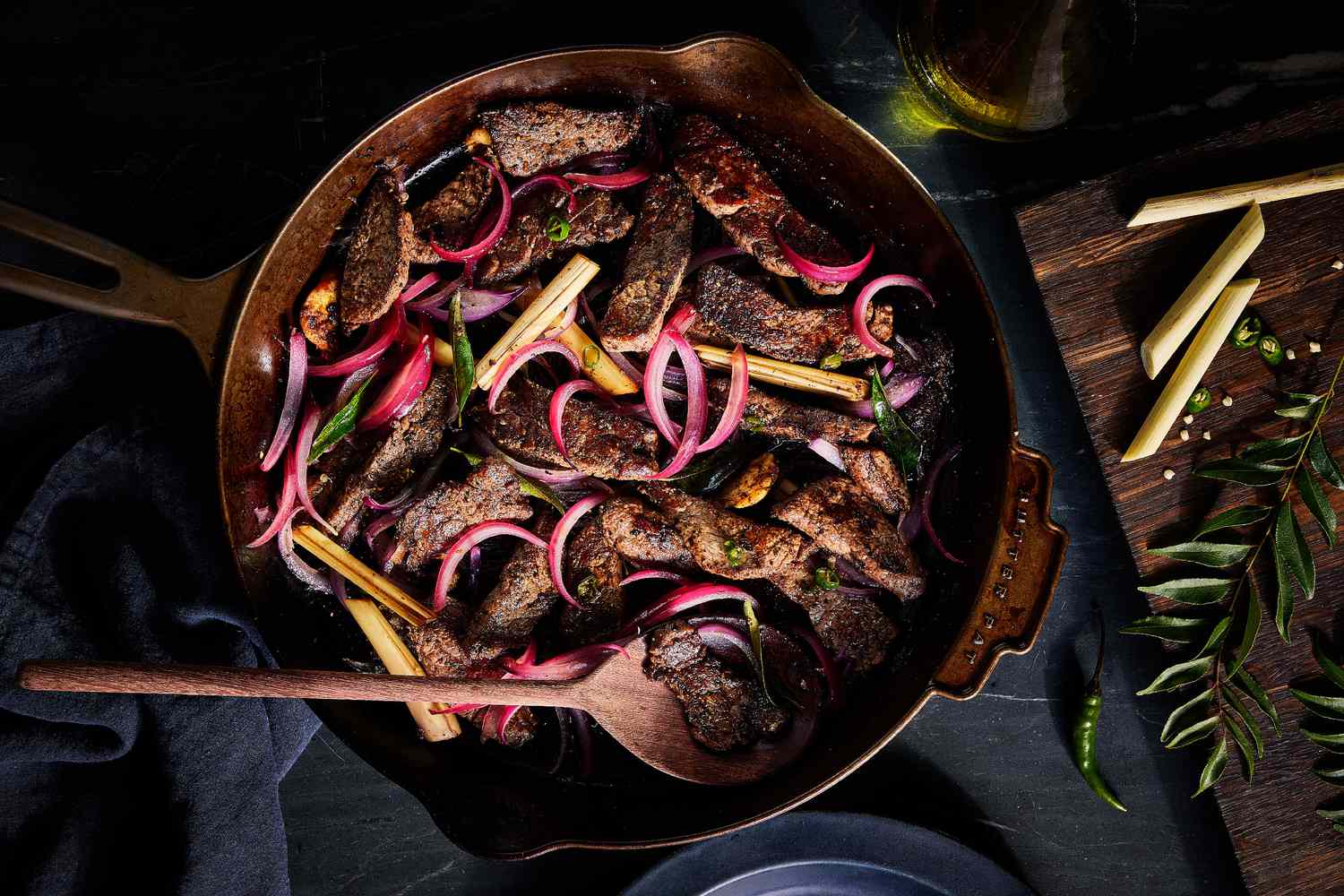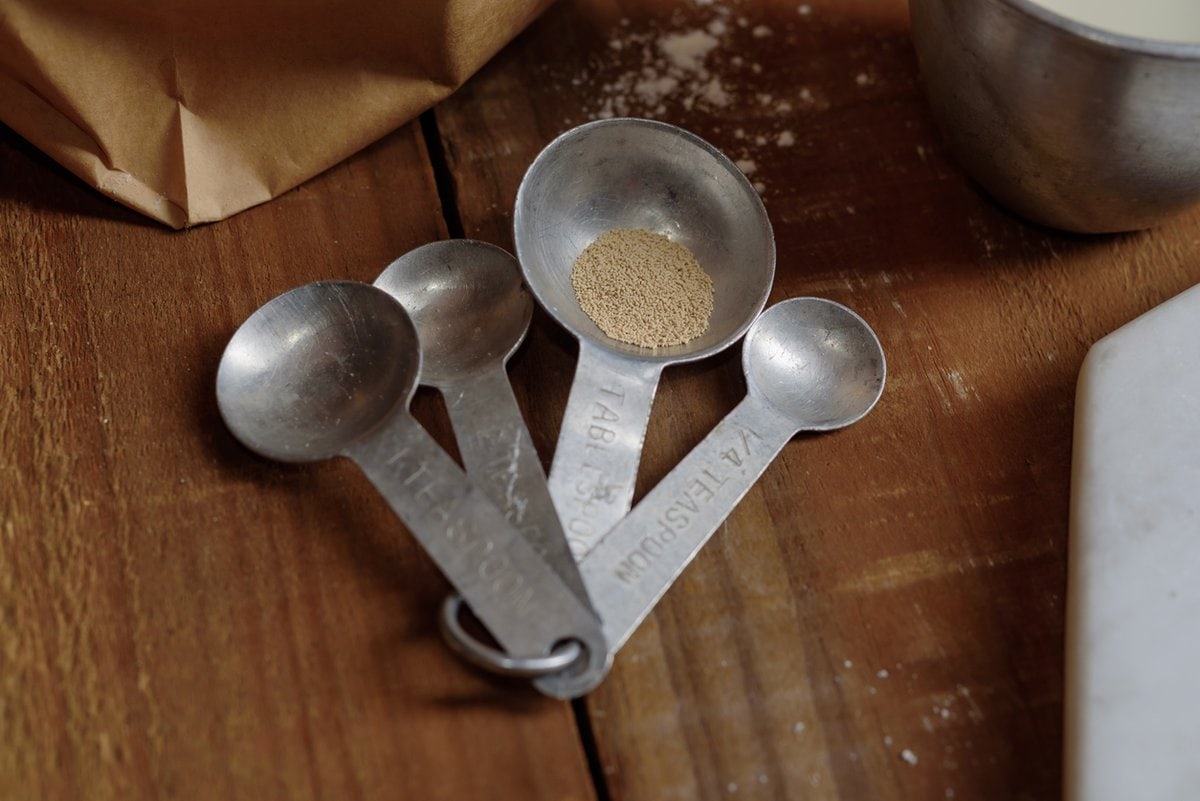Understanding Canning Salt
When it comes to preserving food through canning, salt plays a crucial role in the process. Canning salt, also known as pickling salt, is a type of salt that is specifically designed for use in canning and pickling. It is a key ingredient in the preservation of fruits and vegetables, helping to enhance flavor and extend the shelf life of the canned goods.
What Sets Canning Salt Apart?
Canning salt is different from regular table salt in several ways:
- Granule Size: Canning salt has a finer granule size compared to table salt, which allows it to dissolve more easily in liquid.
- Additives: Unlike table salt, canning salt does not contain additives such as iodine or anti-caking agents, which can cause the liquid in canned goods to become cloudy.
- Purity: Canning salt is typically 100% pure salt, without any additional ingredients that could affect the quality of the preserved food.
The Role of Canning Salt in Food Preservation
When fruits and vegetables are canned, the addition of canning salt helps to draw out excess moisture from the produce, which is essential for preservation. The salt also helps to inhibit the growth of bacteria, yeasts, and molds that can spoil the canned food.
Furthermore, canning salt enhances the flavor of the preserved food, bringing out the natural taste of the fruits and vegetables without introducing any unwanted flavors or discoloration.
Using Canning Salt Safely
When using canning salt for food preservation, it’s important to follow tested and approved recipes to ensure the correct amount of salt is used. Using too much or too little salt can impact the safety and quality of the canned goods.
Additionally, it’s crucial to use canning salt specifically designed for canning and pickling, as other types of salt may contain additives that can affect the appearance and taste of the preserved food.
Conclusion
Canning salt plays a vital role in the art of food preservation, ensuring that canned fruits and vegetables are not only safe to consume but also flavorful and long-lasting. By understanding the unique properties of canning salt and using it appropriately, home canners can enjoy the benefits of delicious, shelf-stable produce throughout the year.
Next time you embark on a canning or pickling project, be sure to reach for canning salt to ensure the best possible results for your preserved foods.
Was this page helpful?
Read Next: What Is 13.5 Ounces To Cups
